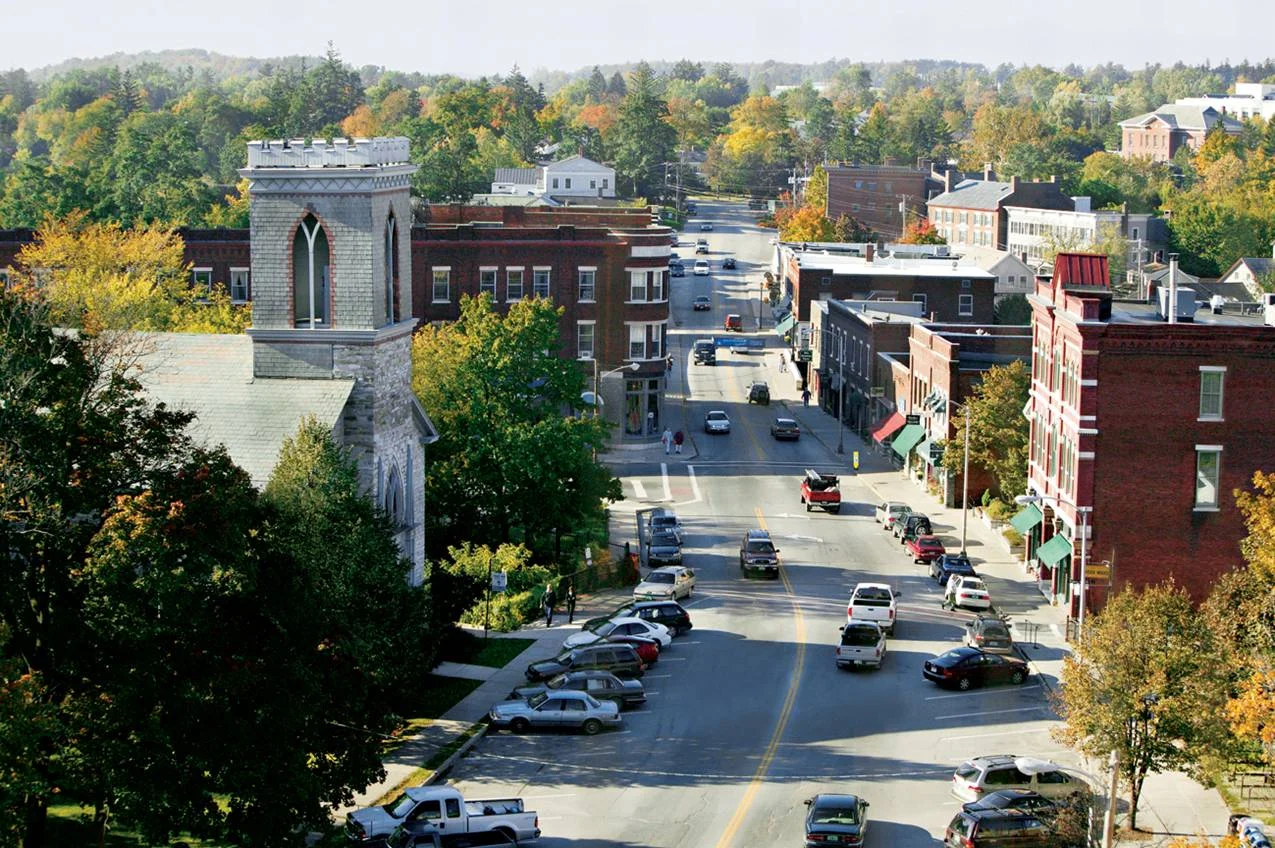Spreading Justice Like Manure: Vermont Rural Plunge
By Bryce Bachelder, InterVarsity Staff in Burlington, VT
I grew up in a very small town in a very small state, full of people who looked, thought, and lived just like me. Growing up, I viewed my tiny Vermont community as ideal. Everybody knew everybody, looked out for each other, and usually the biggest controversy was whether the school budget would pass next town meeting day. In a state of just over 625,000 people – Burlington, our “big city,” boasts a population of about 42,000 – there wasn’t much to worry or complain about, other than the 45-minute drive to the nearest Wal-Mart, and the smell of manure spreading in the summer.
I’m still transfixed when I drive into a place like Boston, looking at all the tall buildings breaking the skyline. But while living on the North Shore of Boston during college, and then my first three years of InterVarsity staff, I encountered things to which I had never really given much thought: homelessness, hunger, racial diversity and thus obvious instances of racism, displacement. To me, injustice appeared to only be an “urban” thing.
I’ve had the privilege of taking Salem State University (Salem, MA) students to New Orleans on ServeUP the past three years. Each year, students are significantly impacted by what they see and experience. Whether it’s a student who left New Orleans with a new excitement to serve and seek justice in his or her own community, or a student who came back to Salem with a better understanding of faith, the lingering effects of ServeUP are undeniable.
When I moved back to Vermont this past summer, I drove around my town of 2,000 people and looked over the cornfields, farmland, and the post office run out a front porch; I began to think, “Injustice doesn’t only happen in cities. In backwoods Vermont, where do we desperately need justice and reconciliation here and now?” I started meeting with local pastors and advocates, and startling issues surfaced; like rural hunger, which looks different from urban hunger; drug and alcohol abuse; systems that take kids away from unfit parents, but place them with other unqualified families because there are no other options; racial issues and injustices facing Native Americans, specifically the state’s largest population of Abenaki people right in my hometown.
“Injustice doesn’t only happen in cities. In backwoods Vermont, where do we desperately need justice and reconciliation here and now?”
The above justice issues are worth engaging. What would it look like for college students to notice injustice in their own communities? What could happen if student bodies began working for justice in rural areas: across farmland and small village centers? I sure as heck want to know. So, much in the spirit of ServeUP, I am working on starting a Vermont Rural Plunge to Franklin County, Vermont. Many of the InterVarsity chapters in Vermont, New Hampshire, and Maine are on college campuses in rural areas. So let’s help students seek justice in any setting: in Copley Square in Boston, or outside the General Store in Franklin, Vermont.
Would you partner with ServeUP to continue the work of students for urban justice in New Orleans and Tampa? Would you partner with ServeUP to help the vision of students working for rural justice in Vermont become a reality? Would you partner with ServeUP to continue to help students work for justice wherever they are? Even if where they are smells like manure.

